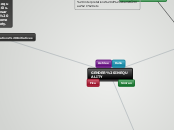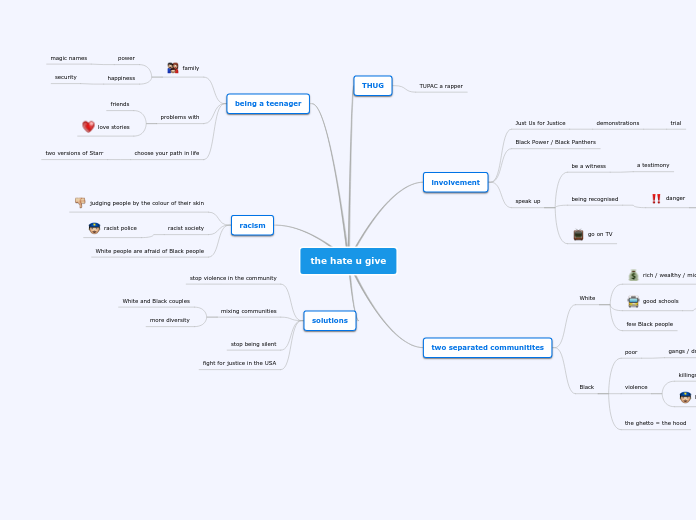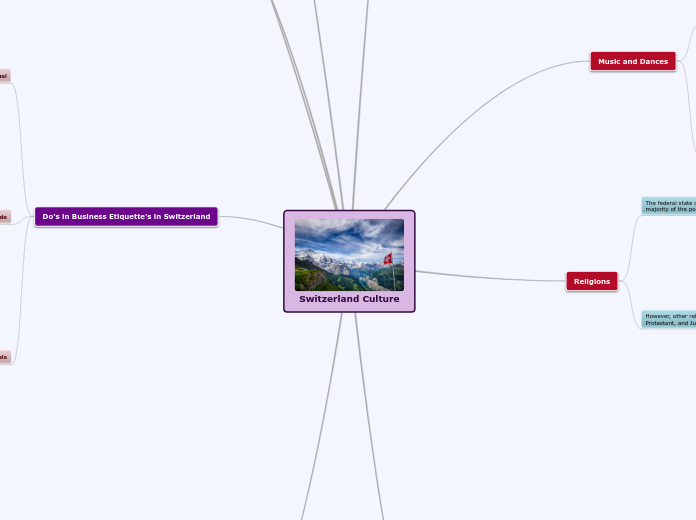door Dalia Hamour - Jean Augustine SS (2612) 6 jaren geleden
643
Building Relationships - Summative
Azza Soliman, born in Egypt in 1968, became a prominent lawyer and human rights activist, focusing on gender equality. She founded the Centre for Egyptian Women's Legal Assistance (









